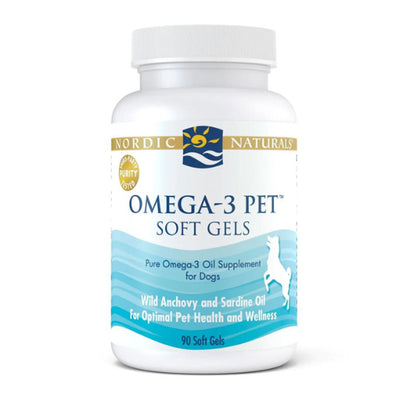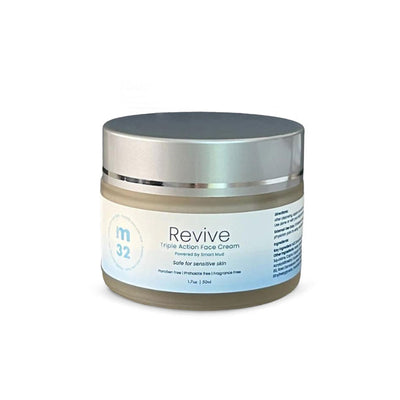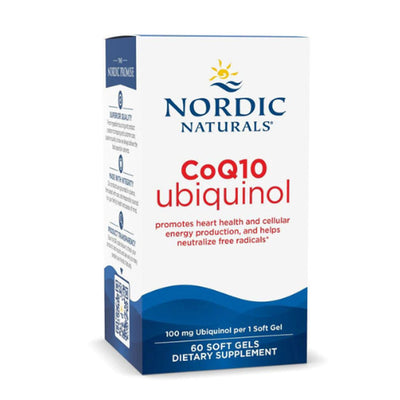We make this process super easy for you! The easiest way to transfer a prescription is to call the pharmacy at (973) 478-0600. We will get the required information to request a transfer of existing, transferable prescriptions from your current pharmacy or medical provider. In addition, we will need to see your insurance cards and gather some basic information. You can also fill out our transfer form online to make this change.
While we strive to refill orders the same day, we recommend that you order refills when you have a 5-7 day supply of medication left so that there will be no interruption in your medication regimen. This allows our staff to process refill authorization requests and address other possible issues with insurance and/or medication supply.
For local delivery of refills on an existing prescription, you can generally expect to receive your delivery within one business days when all the medications you are requesting have refills remaining. Prescriptions that need additional authorization from your provider or insurance company may take longer to process.
When dosing instructions indicate to “take with food,” it is generally recommended that you take the medication with a meal to avoid stomach or intestinal irritation. Other times, it is recommended that a medication be taken with a certain type of food, such as milk or cheese, to increase the amount of medicine absorbed by your body. When instructed to “take on an empty stomach,” medication should be taken either 1 hour before or 2 hours after eating.
Every state has different prescribing regulations. Most prescribing regulations require a standardized prescription for some drugs categorized as controlled substances each time they are filled.
The easiest way to explain this is that Medicare A covers inpatient and hospital associated costs; Medicare B is for outpatient medical care such as your physician’s office. A Medicare D plan is a prescription drug program offered by a third-party insurer in accordance with Medicare regulations. For more information, visit www.medicare.gov.
When a medication is first developed, the manufacturer has patent rights on the formula and/or compound. Once this patent right expires, other companies can produce generic versions of the drug that meet the same FDA requirements and regulations as the brand name drug. Most insurance companies require generic substitutions unless specifically requested by the prescriber or patient.
Medications are generally identified by one of two names or an abbreviation. The brand name or trade name that is assigned by the manufacturer when it is introduced is the most common used by medical staff. The generic or chemical name is what will normally be printed on the label from your pharmacy since this is what they are actually dispensing. Many medications also have a commonly known abbreviation.
For example, a common medication used to treat high blood pressure is hydrochlorothiazide (generic name), which is commonly referred to as HCTZ (accepted abbreviation); the medication is manufactured by Merck & Co. as HydroDIURIL (brand name). We understand this can become confusing. Please do not hesitate to ask our pharmacy staff for clarification.
Once dispensed, medications cannot be resold or returned. Medications should not be flushed down the toilet or put in the garbage disposal. Call or text us at (973) 478-0600 or visit this website for information on how to dispose of them properly to avoid harm to others.
Medications from different manufacturers, while similar, may not always look exactly alike. If there is any question whether or not you received the correct drug or dosage, always contact your pharmacy or provider’s office before taking the dose.
Side effects from medications are varied. If you are experiencing general discomfort such as nausea, a rash or a headache, contact your doctor’s office. If you are experiencing chest pain, hives, a rash all over your body, or severe shortness of breath, call 911 immediately.
If you are planning a trip and your current supply of medications will run out while you are away, discuss your needs with a member of the pharmacy staff as early as possible.
In special circumstances with the appropriate documentation, early refills may be requested through your payer, or prior arrangements can be made to ship your medications to you.
You can ask a friend or family member to pick up your order. They will be required to sign for the medications and pay any balance due. They may be required to present a valid Driver’s License or other government-issued ID. Please alert the pharmacy staff ahead of time if someone new will be picking up your order to avoid confusion.
Co-pay amounts are set by your insurance carrier, and each carrier offers many plans. The simplest explanation would be tiering; medications are categorized in three tiers. Most insurance plans assign a different co-pay amount with each tier.
For example, with a popular plan from a local carrier, there is a $10 co-pay for Tier 1 drugs, $30 for Tier 2, and $50 for Tier 3; while a well-known Medicare D plan sets its co-pays at $0 for Tier 1, $3 for Tier 2, and $7 for Tier 3. Most insurance plans require that the pharmacy collect co-payment at the time of service. Call the pharmacy to make arrangements that work best for you.
To avoid delays in filling your prescription and out-of-pocket expense, please share any insurance changes with one of our pharmacy staff member or include the information along with your automated refill request.
You can reach us by calling or texting (973) 478-0600.
A drug interaction is the reaction of one medication with another. Medications are compounds of chemical agents; the agents in one medication can interact with or react to those in another. While this is sometimes a good thing, more often the interactions are adverse.
You should never take medications not prescribed by your healthcare provider. Additionally, you need to always be sure to update all your providers—including specialists, other pharmacies, and therapists—when there is a change in those medications prescribed for you.
What to do when you miss a dose will be different depending on the drug and the directions for its use. Always call one of our knowledgeable pharmacists to find out what to do when you miss a dose.
Drug resistance is the ability of an organism, such as a bacteria, virus, or cancer, to overcome the effects of a drug prescribed to destroy it. To get rid of the infection without needing additional prescriptions, please take ALL your doses as prescribed.
While this depends on the medication, generally most prescription drugs can be left out of the refrigerator for up to 24 hours without affecting their potency. To be safe, first put the medicine back in the refrigerator, and then check with your pharmacist before taking any medication that has been left out.




